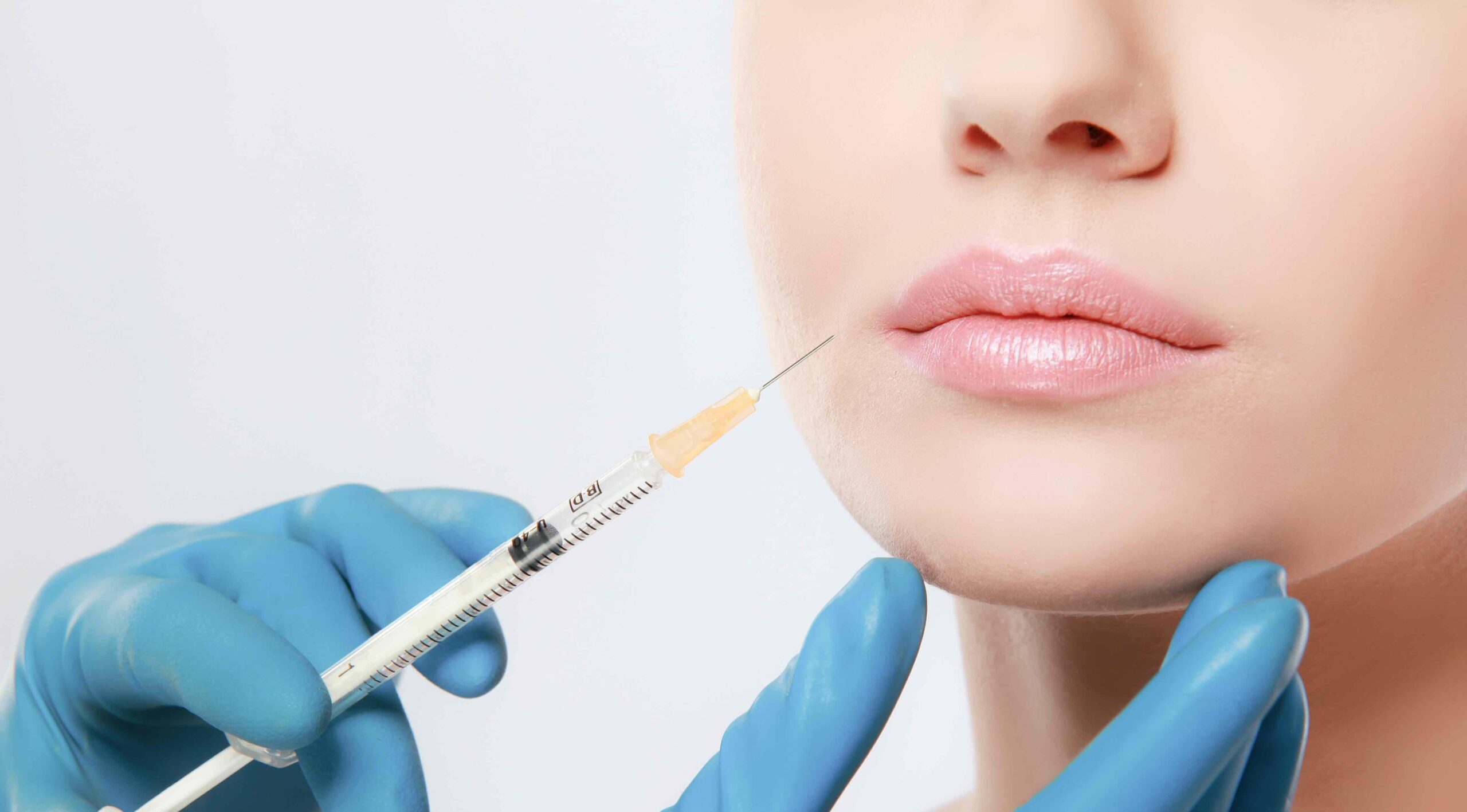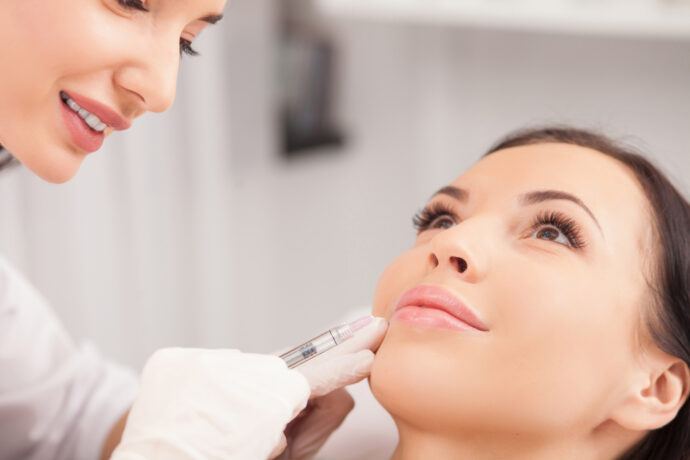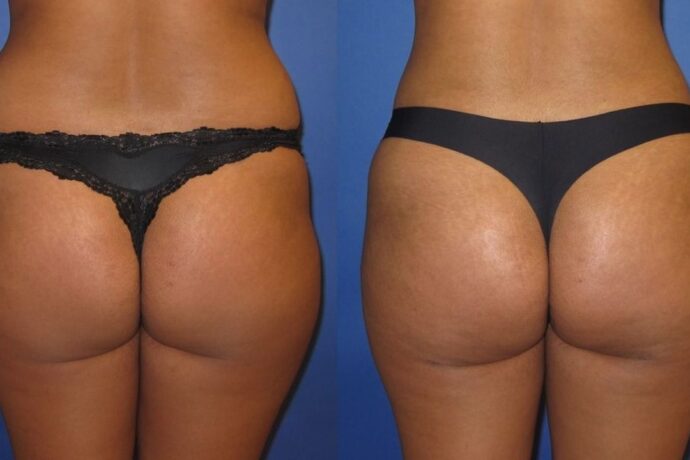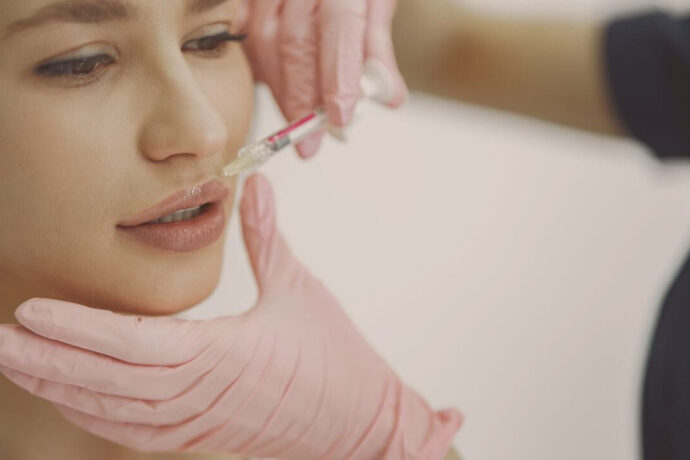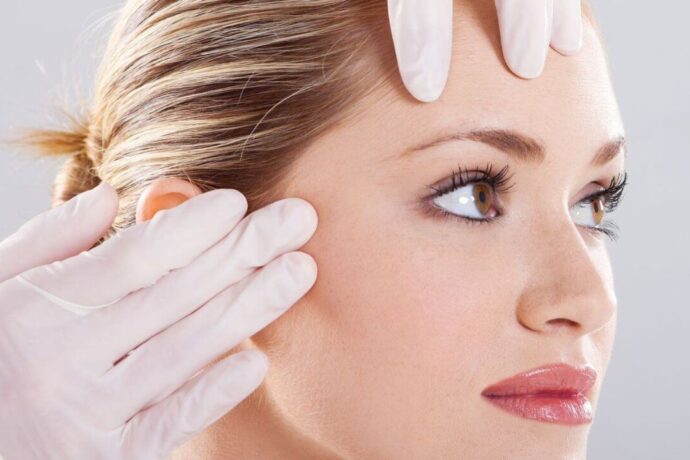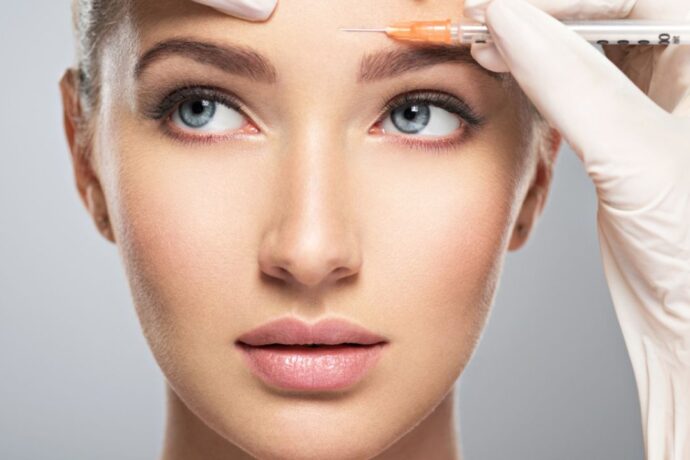Regulation within the UK aesthetics industry currently
It comes as a great surprise to many that the aesthetics industry in the UK is unregulated. This means there are to date no requirements for aesthetic practitioners to have undertaken any prior training before they start injecting. Many aesthetics “courses” will promise to have you trained to provide non-surgical treatments such as lip fillers, Botox and fat burning injections in just a few days. The practitioner will be rushed through the course, with little hands-on experience and a very surface level knowledge of anatomy, if any at all. As the aesthetics industry is unregulated, this means the practitioner will face no consequences for practicing with little to no training, legal or otherwise.
As you can imagine, this is extremely dangerous for clients who seek treatments from these rogue practitioners, as they have no knowledge of how to identify or deal with complications, and little anatomical knowledge to ensure they are injecting safely. Without regulation, the client will have to seek alternative courses of redress should they receive botched treatment, or even worse, become severely injured.
What do we know about aesthetic licenses currently?
It was a huge relief to many practitioners within the aesthetics industry when the UK government announced in March 2022 that it would be introducing a new amendment to the Health and Care Act 2022 which would give the Secretary of State the power to introduce a licensing scheme for non-surgical cosmetic procedures.
Under the proposed licensing scheme, all aesthetic practitioners will be required to obtain a license to carry out aesthetic treatments. This encompasses all treatments which penetrate beyond the dermis layer of the skin, which includes Botox, dermal fillers, PRP and vitamin injections. There will also be a legal requirement to obtain insurance. Practicing without a license will be a criminal offence and enforceable by Environmental Health.
Though the new licensing proposals have been announced, they have not yet been passed into law. This entails a long procedure in which the bill must be debated in Parliament and passed in both the House of Commons and House of Lords, before receiving royal assent. Following the passing of the new law, there is also likely to be a grace period before the law is enforceable. We therefore have no definitive indication of a timeline before the new licensing measures come into play.
Although it has not yet been decided what the licensing scheme will entail, it has been announced that practitioners will need to meet certain educational criteria to be eligible to obtain a license to practice. The educational standard required will likely need to be accredited, meaning it has been approved by a professional organisation and meets quality assurance standards.
What will you have to do to ensure you can obtain the license?
Though the precise criteria required to be met is yet to be announced, the aesthetics industry has speculated a level 7 certificate in aesthetic practice will potentially be required to obtain an aesthetics license.
The level 7 Certificate in Aesthetic Practice is a globally recognised qualification equivalent to a post-graduate level degree. It is designed and regulated by the awarding body QUALIF, ensuring the qualification meets exceptionally high standards, and is based upon Health Education England guidance relevant to the delivery of non-surgical cosmetic interventions.
The level 7 is open to both medics and non-medics, including aesthetic practitioners who have completed a level 5 Certificate in Aesthetic Practice, or professional qualified personnel with qualifications equivalent to a level 6 degree, who is registered with a national professional health care body.
What does this mean for my existing training?
At Second Look Aesthetics, we have been anticipating developments within the aesthetics industry for some time. We have therefore developed comprehensive, high quality training courses which would likely meet the educational element required under the licensing scheme.
In addition, our goal with all of our students is not to rush anyone through qualification, but to ensure that when qualified, they are of an exceptionally high standard and ready to hit the ground running in a competitive industry. We place great emphasis on client safety in all courses, highlighted by the core safety modules our courses contain. We are confident that should additional training be required in the future to obtain an aesthetics license, our students are prepared.
From January 2023, we now offer levels 4, 5 and 7 Certificates in Aesthetic Practice. We will be offering a pathway to level 7 for all prior students and will be assisting all previous students in evidencing Recognition of Prior Learning to convert past training and experience, which will contribute towards their level 7 Certificate in Aesthetic Practice.
When should I start training in level 7 Certificate in Aesthetic Practice?
The licensing scheme is likely not going to come into law for a while and we still do not know for certain that level 7 will be required. As such, at this stage we would advise you to ensure your current aesthetics training is of a high standard and will enable you to enrol in the level 7 Certificate in Aesthetic Practice, should it be required in the future.
However, the level 7 Certificate in Aesthetic Practice is an excellent qualification which will not only ensure safe practice, but also provide you with the ability to deliver treatments to the highest standard. Therefore, undertaking this qualification is always a positive step in your aesthetics career which will hone your skills even further and one which we would actively encourage all aesthetic practitioners to take.
Should you have any questions regarding the new licensing announcement, please contact us and a member of our team would be happy to assist.


